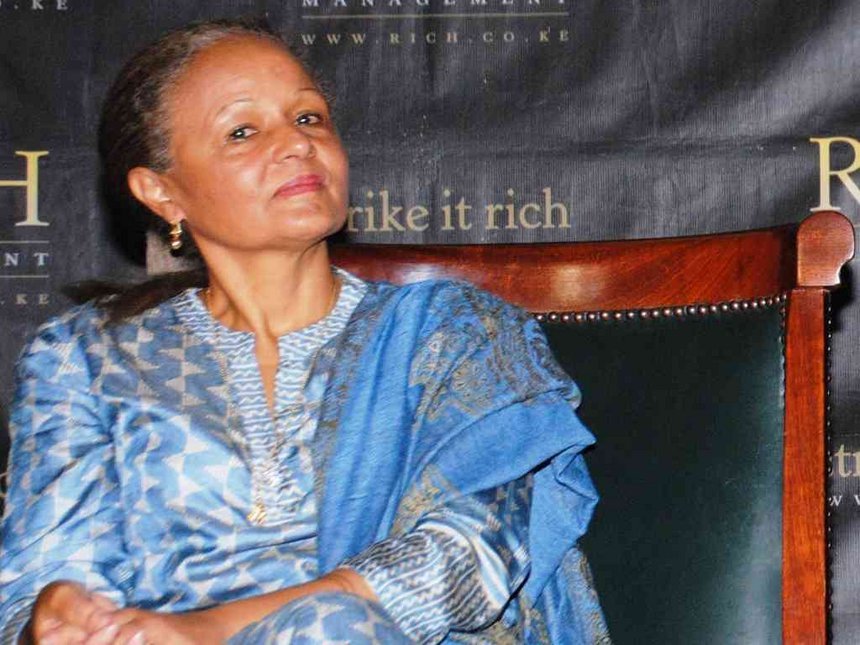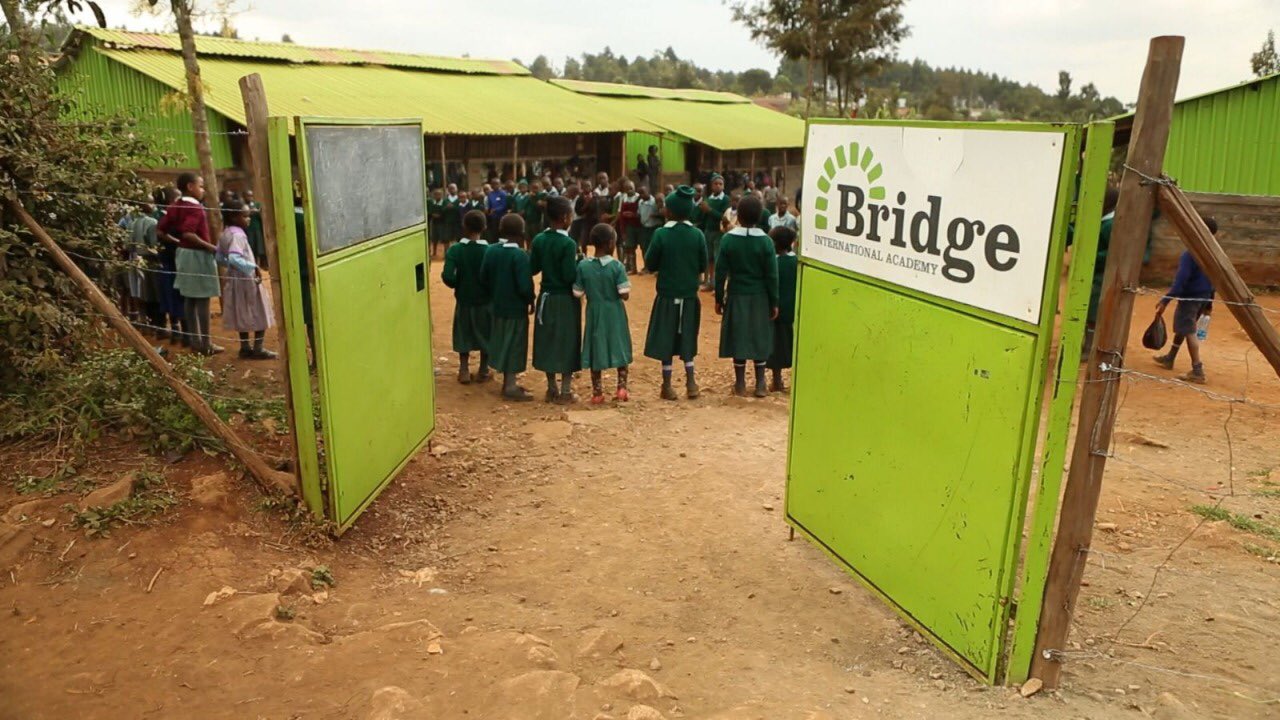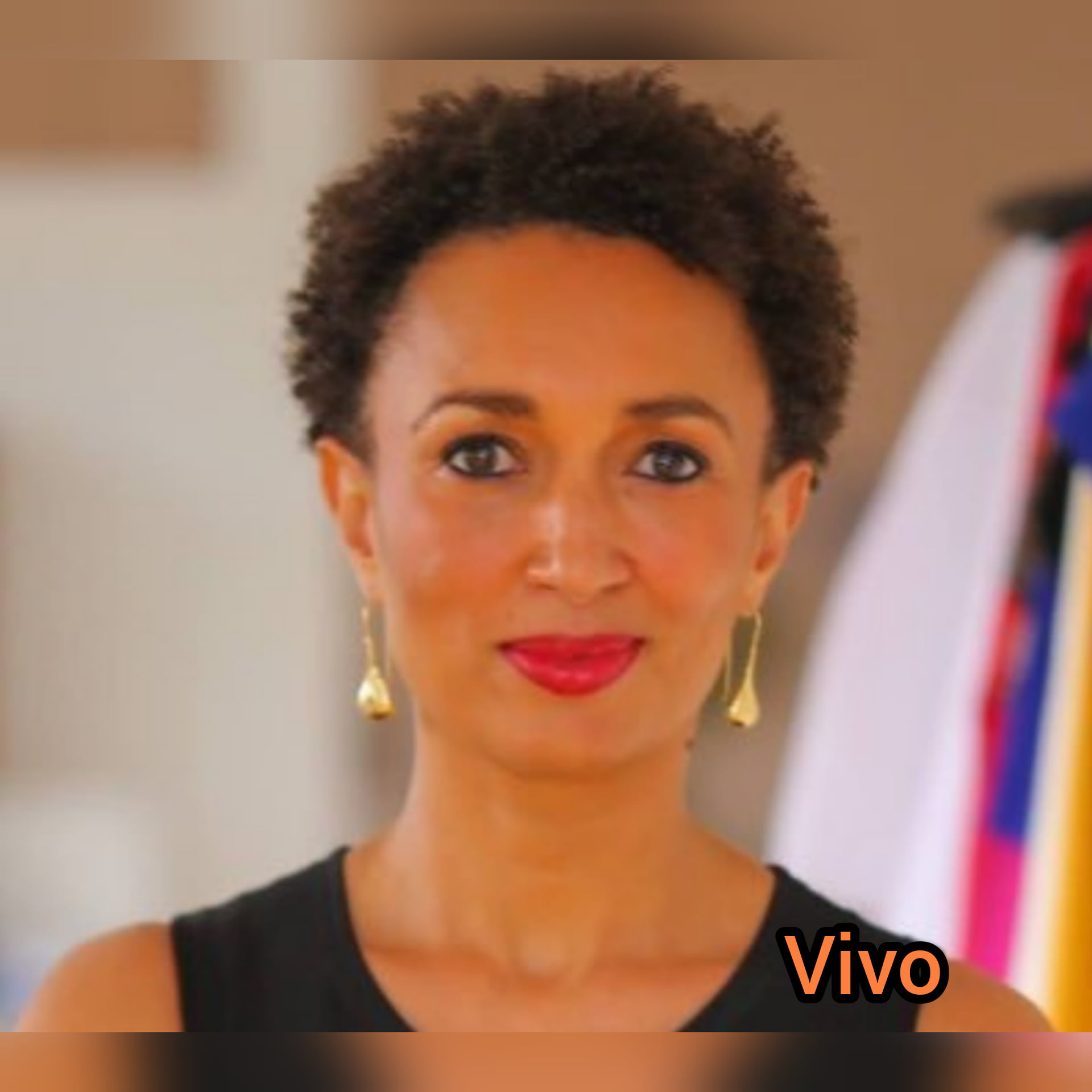Growing frustration is mounting among parents and students at Nairobi Women’s Hospital College, where repeated and seemingly arbitrary increases in tuition and clinical placement fees have triggered widespread concern about affordability and fairness in private medical education.

The latest outcry follows steady semester fee increases that have affected students in programs such as Theatre Technology.
Parents and students report that fees have been raised multiple times within a short period, with one proposed increment facing backlash before being partially reversed.
Despite the initial protest, a higher fee structure was ultimately implemented and remains in effect.
Beyond tuition, students are also required to pay additional costs to sit for the CDACC TVET exams, administered by the national body for technical and vocational training.
These exams, which are scheduled to begin on 21st June and continue into August, are essential for academic progression and certification, yet students are reportedly being barred from sitting them unless they have cleared both tuition and exam-related fees in full.
Compounding the pressure, the college imposes extra charges whenever students are deployed for clinical experience in hospitals, even though clinical rotations are part of the core curriculum.
These external fees, often around Ksh 10,000 per hospital, are charged on top of regular tuition, with little explanation as to why they aren’t covered by the existing fee structure.
Parents say they are increasingly burdened by this opaque and unpredictable financial regime.
Many accuse the institution of prioritizing profit over academic welfare, and of failing to justify the rising costs with any corresponding improvement in services or student outcomes.
As a new semester looms in September, fresh tensions are anticipated.
Students have been informed that they will not be allowed to proceed to their clinical placements unless they clear full tuition for the September–December term in advance, a directive attributed to the Finance Manager, Sam Kiarie.
These stringent financial conditions threaten to lock out numerous students from completing their required coursework or taking national exams—undermining months of academic preparation and raising urgent questions about equity in access to education.
Stakeholders are now calling for oversight of private medical colleges to ensure transparency in fee structures and fairness in academic access.
Without immediate intervention, many fear that deserving students may be forced out of training due to financial gatekeeping that has no clear basis in educational policy or practice.
“Hello Cyprian. We as parents are tired with fees hikes at private medical institutions. Nairobi Women’s Hospital College has been increasing fees each semester. For example, Theatre Techs who were paying 42k are now paying 47k after raising it to 52k, which they rejected. Right now, you have to finish CDACC fees at the same time finish the 47k, then sit for the CDACC TVET exam which is in a week’s time. Whenever they go for clinical experience, you have to pay different fees apart from the school fees, and when you ask why they don’t cater for it from the school fees, they have no reason for it. Fees should equate to the services offered. These private institutions should be scrutinised. The TVET exams are being done from 21st June to August. A new semester is starting September and the Finance Manager (Sam Kiarie) will not allow students to continue to their clinical placement area before clearing the September–December fees, and bear in mind you are also supposed to pay 10k for the respective hospital that you are rotating in. Kindly expose them. CDACC is on Monday and many students are going to miss out.”











































